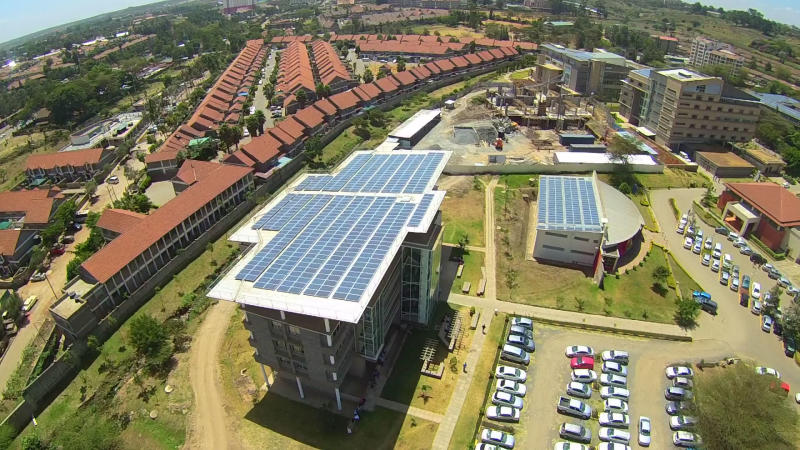×
The Standard e-Paper
Join Thousands Daily

Cost has always been a problem but different interventions are making it easier for many to afford installation.
Owners in buildings in major towns are sitting pretty since the requirement to install solar water heaters was suspended by the courts.